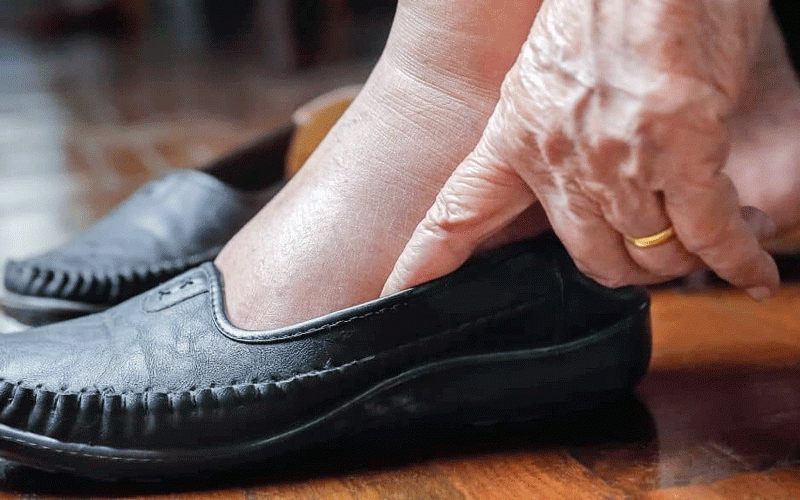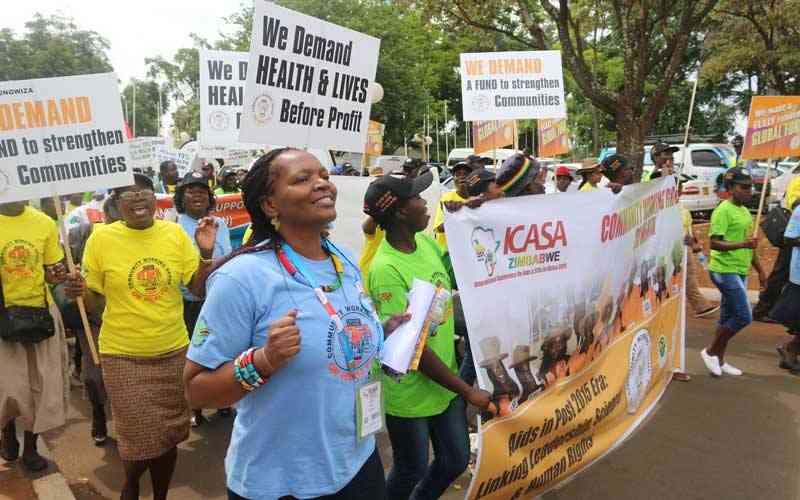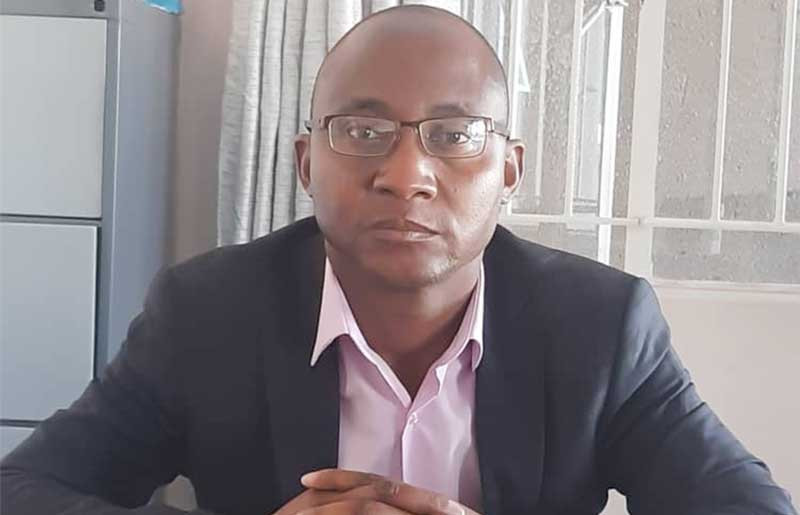
The participants, who included six district health executives (DHEs), were drawn from 62 districts around the country.The week-long training workshop, which was run by the Health ministry and the Health Services Board (HSB), was bankrolled by the US Centre for Disease Control and Prevention (CDC-Zimbabwe).
CDC-Zimbabwe director Dr Peter Kilmarx said the training would equip district health officers with skills to enable them to effectively fulfill their mandateand to improve service delivery.
“CDC-Zimbabwe is proud to partner with the UZ Department of Community Medicine and the Ministry of Health and Child Welfare to strengthen leadership and management capacity at the district level, which is necessary to achieve the health goals of the nation. The rubber hits the road in public health at the district level,” said Kilmarx.
Mashonaland Central provincial medical director Dr Clemence Tshuma said strengthening district health care delivery system was still considered the right strategy for proficient delivery of essential health care.
“Zimbabwe recognised the district as the operational level for planning, implementation and coordination of government health policies,” said Tshuma. “The district health executive, led by the district medical officer, is given the responsibility of directing the operations of the health delivery system.”For the Kadoma workshop, participants were drawn from six districts from the provinces of Mashonaland Central (Mount Darwin and Centenary), Mashonaland East (Chivhu and Hwedza) and Mashonaland West (Mhondoro Ngezi and Makonde).
This is the fourth such workshop to be conducted with CDC- Zimbabwe support. At its conclusion, 140 DHEs will have been trained throughout the country.
The previous DHE cluster trainings had representation from Makoni, Rushinga, Mudzi, Nyanga, Shamva, Mtawatawa, Nkayi, Gwanda, Beitbridge, Chiredzi, Mwenezi, Hwange, Kariba, Zvimba, Hurungwe, Gokwe South, Shurugwi and Zvishavane districts.
- Chamisa under fire over US$120K donation
- Mavhunga puts DeMbare into Chibuku quarterfinals
- Pension funds bet on Cabora Bassa oilfields
- Councils defy govt fire tender directive
Keep Reading
The United States said it remains fully committed and engaged with Zimbabwe in the fight against HIV and Aids through PEPFAR.However on the political front, the US and Western countries have imposed sanctions on President Robert Mugabe and his inner cabal, accused of gross human rights violations.
US presidential support
With funding from the US President’s Emergency Plan for Aids Relief (PEPFAR), CDC has supported the training for over a year through cooperative agreements.
The programme is a five-year initiative worth US$650 000 per year and is part of a Health Leadership, Management and Governance Project (LMGP) being rolled out throughout Zimbabwe to rebuild and “re-skill” health managers and their professional teams.











